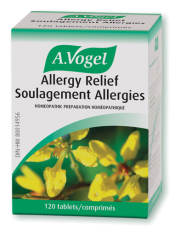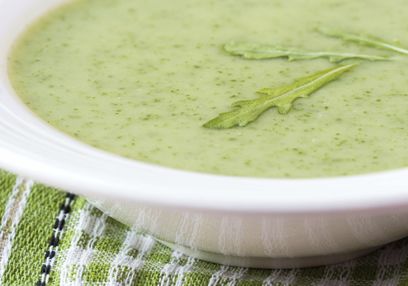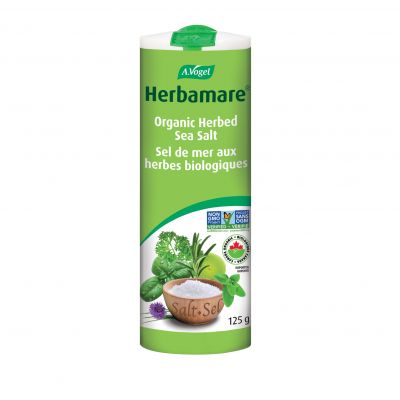What exactly is a mood disorder?
Any disorder impacting our state of mental being that causes significant distress or changes to one's day-to-day life. One sub-category of such disorders is depressive in nature, psychiatric conditions predominately characterized by empty feelings including a loss of interest in previously enjoyable activities, something known as anhedonia.
How do allergies influence conditions such as depression and anxiety?
When pathogens and aeroallergens invade the body and cause symptoms of allergic rhinitis, this also induces inflammation as the tissues react to the allergens. The inflammation includes the release of agents known as cytokines including IL-4, -5 and -13. When cytokines were administered to healthy participants in levels below those required to induce symptoms, these individuals experienced cognitive disturbances including anxiety and depressive symptoms.
The brains of those experiencing depression that had committed suicide demonstrated microscopic tissue changes in their orbital cortex, demonstrating increased gene expression of cytokines associated with inflammation due to allergies.
Additionally, cytokines can cause a shift in enzyme activity throughout the body, and relevant to today's topic is the shift in indoleamine-2,3-dioxygenase.
Typically, the amino acid tryptophan is converted to one of our 'happy hormones' serotonin, but when indoleamine-2,3-dioxygenase becomes more active, tryptophan is converted to another metabolite, kynurenine. This results in less serotonin being produced and an increase in symptoms associated with mood disorders.
Research from the Centre for Addiction and Mental Health estimates the economic burden of mental health in Canada at approximately $51 billion annually, so it's our job to help one another.
Reach out to those around you.
Studies have shown that peaks in suicide mimic the peaks in aeroallergens across continents.
Now we may be thinking that this could just be coincidence, but when scientists controlled for every other factor, they could link pollen count to suicide, depression and self-directed violence.
Social connectedness in an increasingly disconnected world has become more important than ever. Humans are a social species that are reliant on one another to achieve more than we could on our own. These relationships aren't just ways to make us feel more connected, the strength of intimate friendships especially as we age can be as predictive of mortality as obesity and smoking.
Emotional isolation and loneliness are lethal, and this is especially true in male-male friendships where fears of being labelled as something more than friends is causing these individuals to keep one another at an emotional distance.
At A.Vogel, we like to think of our team members as family and strive to check in on one another, and we implore you to do the same.
Leave the phone at home and take a walk-through nature.
Horticultural therapy is another option that involves working with the land through activities such as gardening. A meta-analysis looked at 21 studies and demonstrated significant improvements in depression and anxiety symptoms, reduction in the perception of stress and body mass index, and most participants reported a sharper mind and higher quality of life.
The studies also showed participants meeting their minimum amount of exercise recommended daily, which here in Canada is only 30 minutes a day! The results were even greater when participants gardened in a group setting for the added social benefits.
Getting our hands dirty also exposes us to new organisms and trains our immune system to respond appropriately. Even working with soil for a short period of time makes the bacteria on our skin far more diverse, potentially reducing our risk of allergies and inflammation down the road if exposed to these species again.
Tryptophan-rich foods are a natural way to increase serotonin.
Our body knows how to digest foods and release all of the nutritious compounds hidden within. Foods such as spirulina, cod, walnuts and soybeans are rich in tryptophan. Spirulina (Arthrospira) is a blue-green algae typically used as a plant-based protein, but is a food source rich in essential amino acids such as leucine, valine, isoleucine, and tryptophan. Of note, spirulina also contains phenylalanine, so those with phenylketonuria (PKU) should have a discussion with their primary care provider before adding spirulina into their regular diet.
Is there any effective symptom relief for my allergies?
Allergy Relief is a homeopathic preparation of a variety of ingredients, including plants from the Asteraceae family, one of the most common flowering families in Canada. Those taking this product, experienced an 88.5% improvement in their allergy symptoms, especially their runny and stuffed up nose. As it's a homeopathic preparation, the product is safe for pregnant and nursing mothers who may be experiencing perinatal depression or allergies.
What about ways to manage mood symptoms?
Passiflora incarnata is one such herbal remedy that may help. In adults experiencing nervousness or anxiety, the plant better known as Passion Flower has been shown to increase the resistance to stress and overall quality of life.
The patients in the study also showed improvements in areas such as restlessness, exhaustion, fear, lack of concentration, nausea, trembling, and palpitations.
In another impressive study, Passiflora incarnata was shown to be as effective as oxazepam in the treatment of generalized anxiety disorder and helps guide future research into how herbal remedies can augment the treatment of mental health conditions.
References:
https://www.camh.ca/en/driving-change/the-crisis-is-real/mental-health-statistics
https://journals.plos.org/plosmedicine/article?id=10.1371/journal.pmed.1000316
https://www.ncbi.nlm.nih.gov/pmc/articles/PMC2678838/pdf/nihms86202.pdf
https://www.ncbi.nlm.nih.gov/pmc/articles/PMC5153451/
https://www.ncbi.nlm.nih.gov/pmc/articles/PMC5614510/
https://www.ncbi.nlm.nih.gov/pmc/articles/PMC6436432/pdf/MBO3-8-e00645.pdf
https://pubmed.ncbi.nlm.nih.gov/11343523/
https://pubmed.ncbi.nlm.nih.gov/14523381/
https://pubmed.ncbi.nlm.nih.gov/30044421/
https://www.researchgate.net/publication/326293829/







